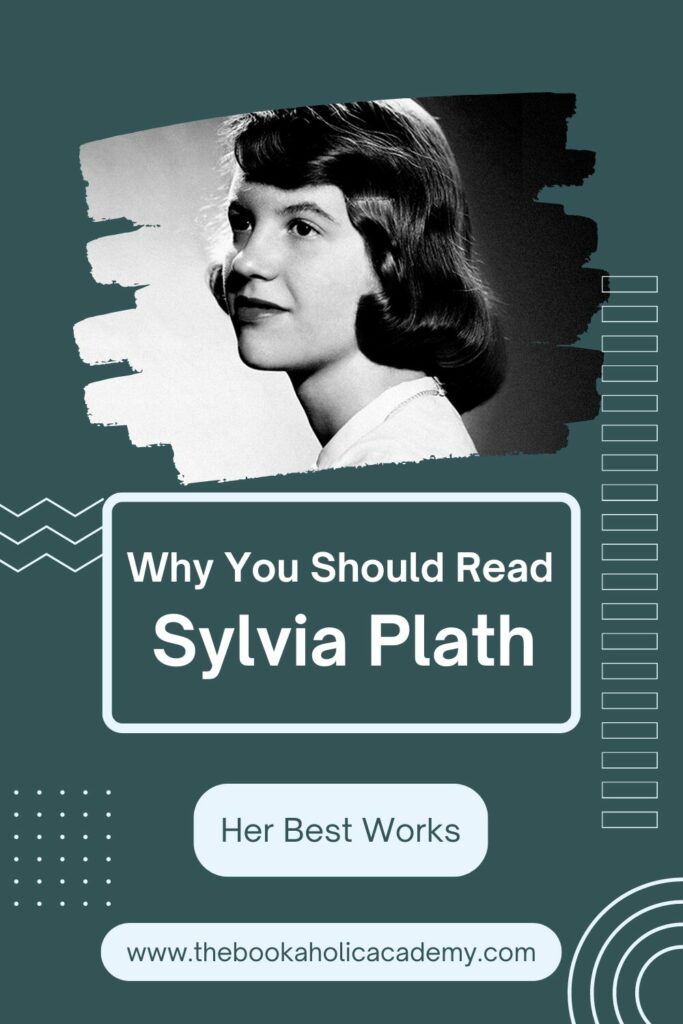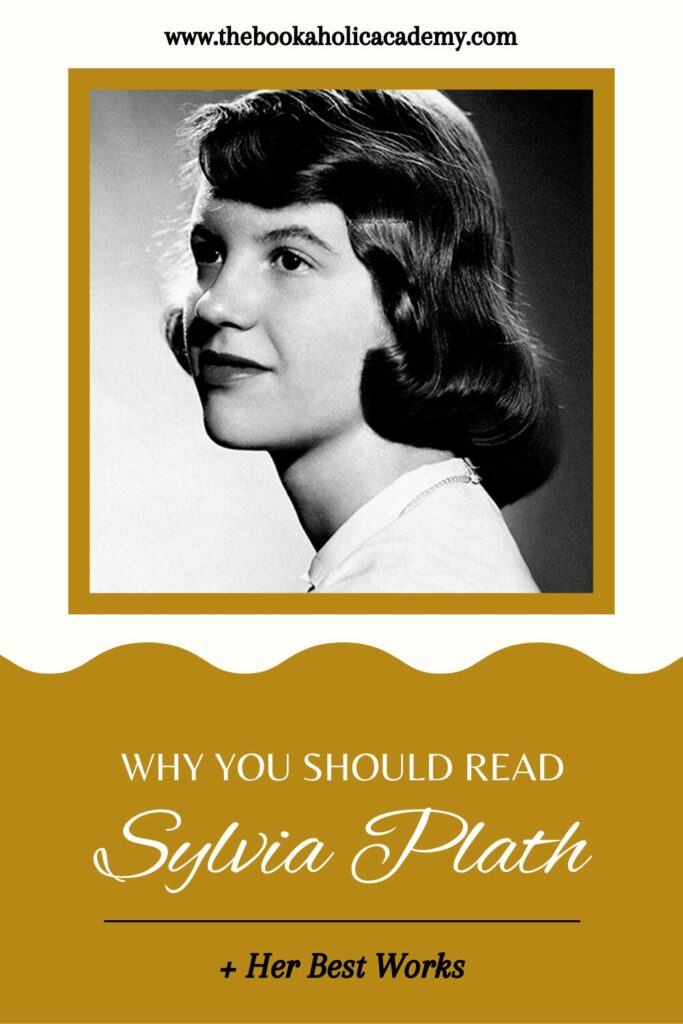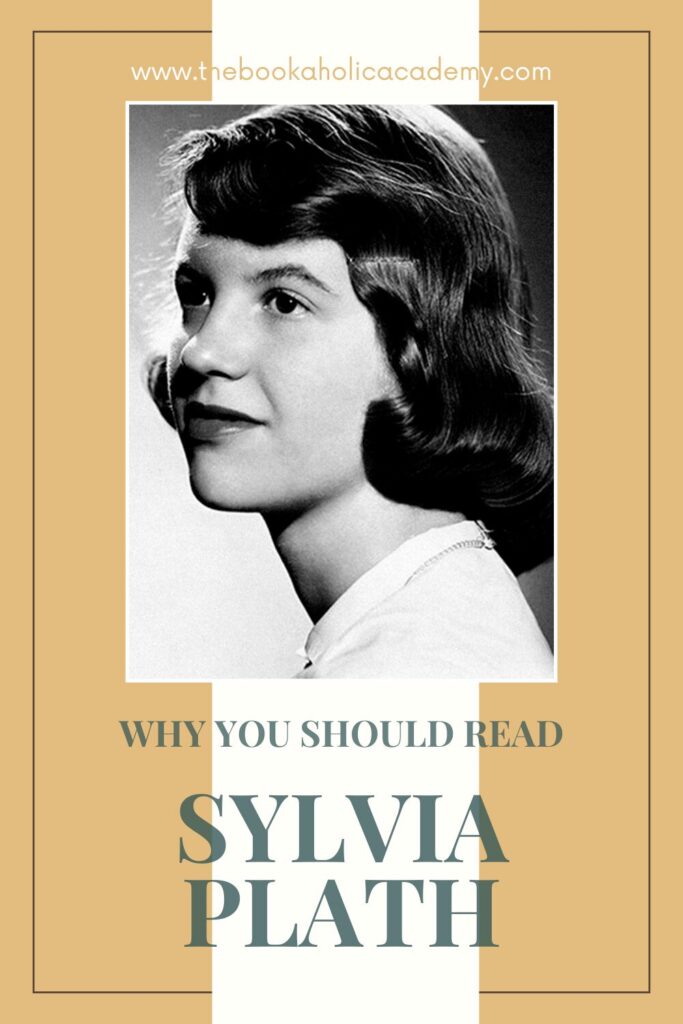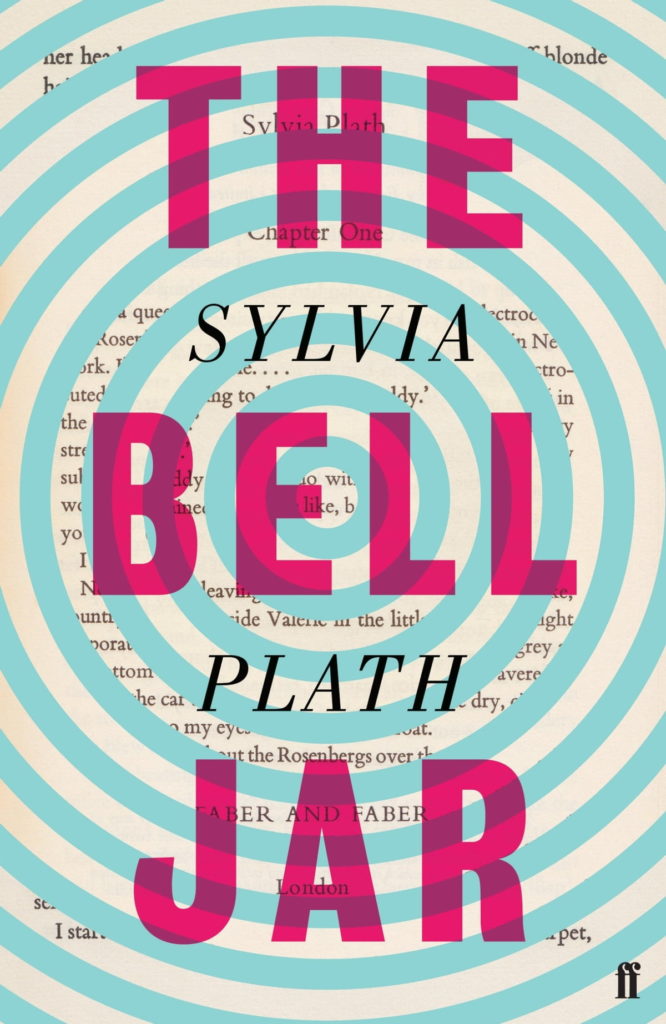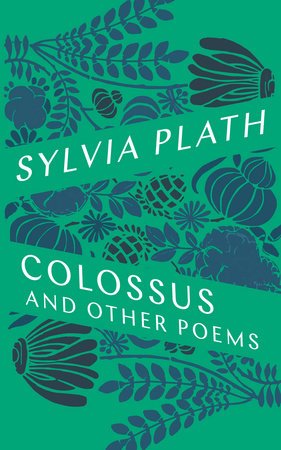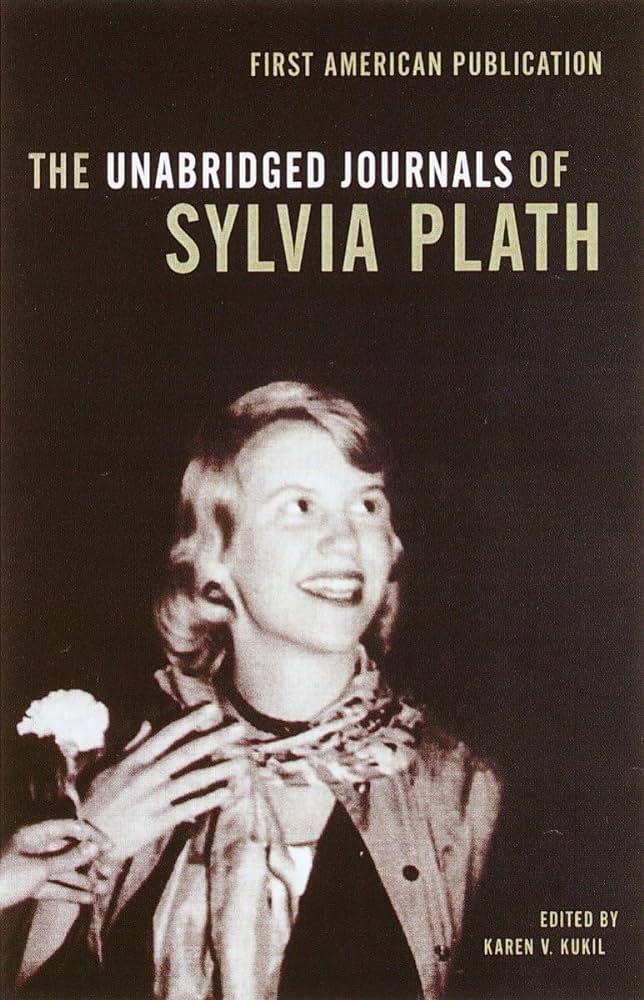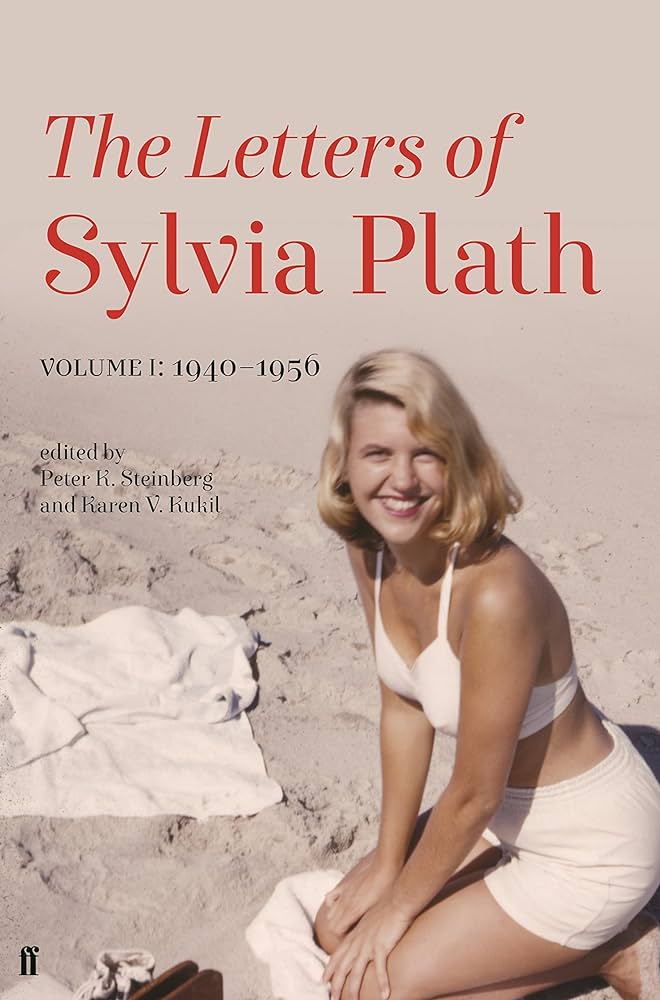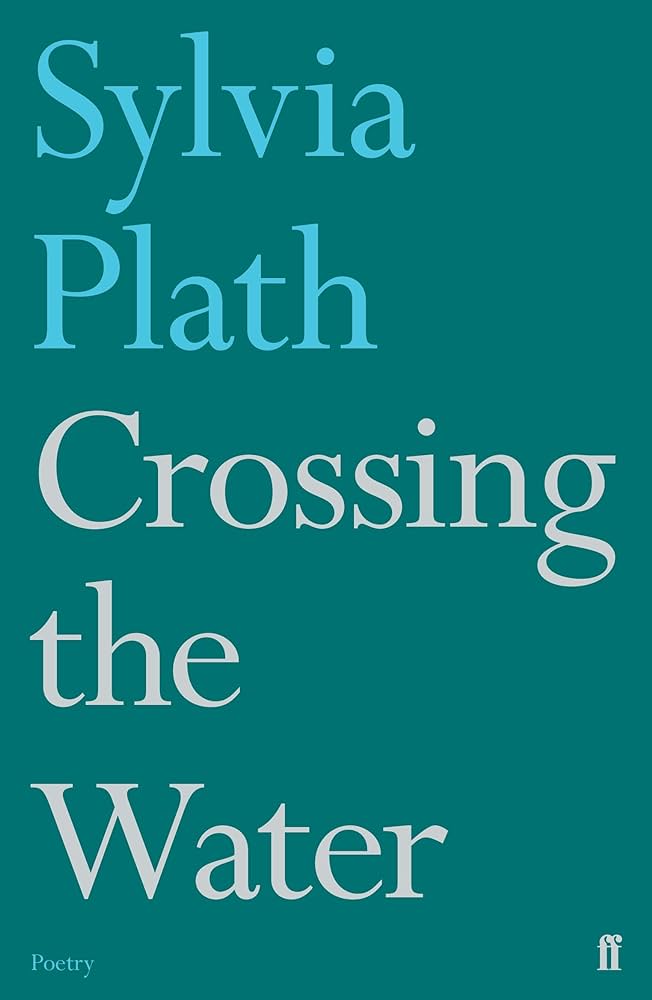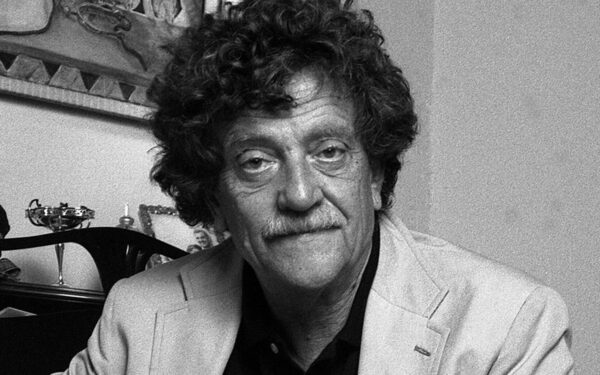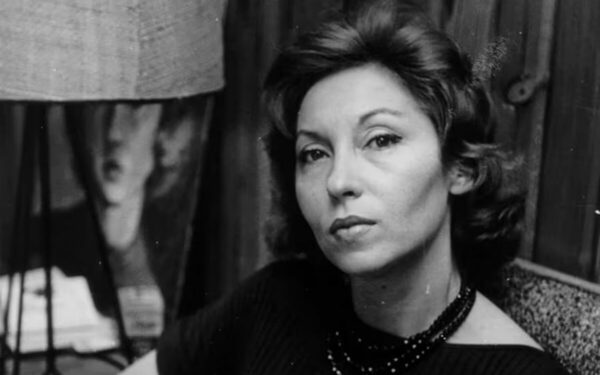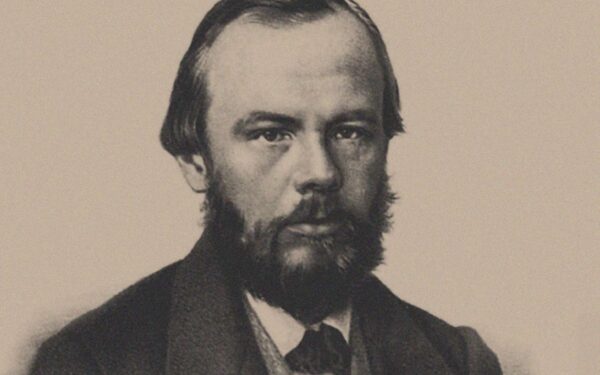Why You Should Read Sylvia Plath: Her Best Works
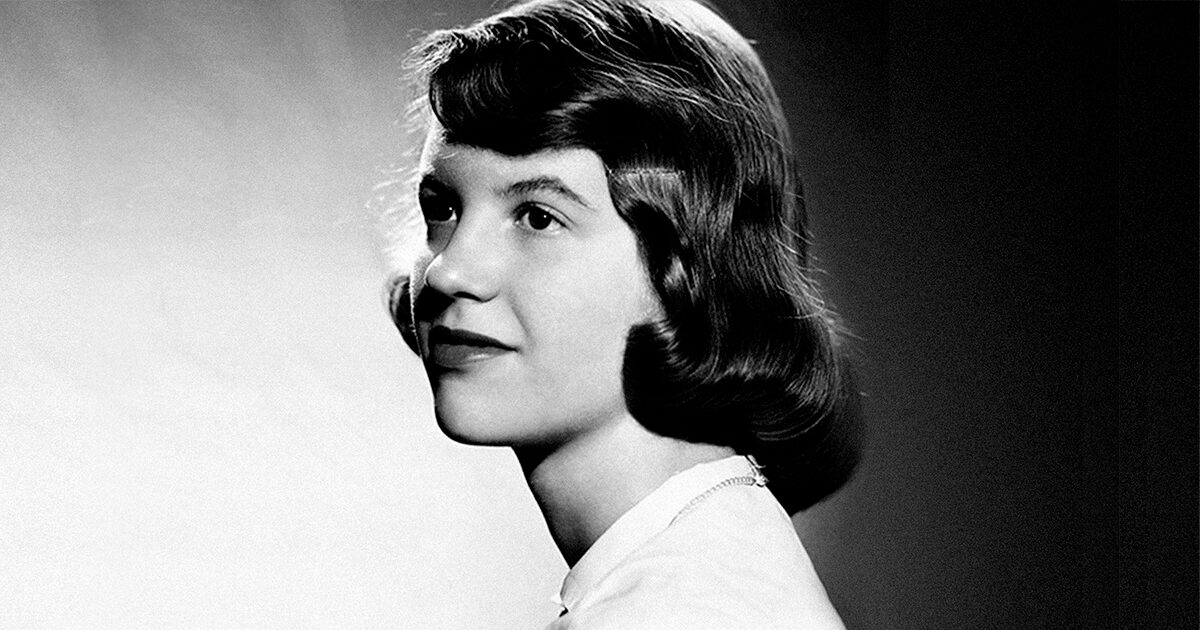
Disclaimer
This post may contain affiliate links. I will make a small commission if you make a purchase through one of these links, at no extra cost to you. See full disclosure and disclaimer policy HERE.
Have you ever wondered why some authors leave such an indelible mark on literature? Sylvia Plath is one of those names that continues to resonate, even decades after her death. But why is she so significant? What makes her work worth diving into? Well, buckle up, because we’re about to explore the world of Sylvia Plath and why her writing is an essential read.
Table of Contents
Who Was Sylvia Plath?
Born on October 27, 1932, in Boston, Massachusetts, Sylvia Plath was a prodigious talent from a young age. Her father, Otto Plath, was a German-born entomologist and professor, and her mother, Aurelia Schober Plath, was a second-generation American of Austrian descent. Sylvia’s early life was marked by a deep love of reading and writing, and she was publishing poems by the age of eight.
Plath’s academic journey was equally impressive. She attended Smith College on a scholarship, where she excelled academically despite battling periods of severe depression. Her time at Smith was both fruitful and tumultuous, laying the groundwork for much of her later work.
Sylvia Plath’s life was profoundly affected by her struggles with mental health. She experienced her first major depressive episode during her college years, which led to a suicide attempt in 1953. This experience was later immortalized in her semi-autobiographical novel, “The Bell Jar.” The novel provides a harrowing yet insightful look into the mind of a young woman grappling with mental illness, societal expectations, and the search for identity.
In 1956, Sylvia Plath married British poet Ted Hughes, a union that significantly influenced her writing. The couple moved to England, where Plath continued to write prolifically. Her first collection of poetry, “The Colossus,” was published in 1960 and received critical acclaim.
Despite her professional success, Plath’s personal life was fraught with challenges. Her marriage to Hughes was turbulent and ultimately ended in separation. During this time, Plath wrote some of her most powerful and enduring works, including the poems that would later be published in the collection “Ariel.”
Tragically, Sylvia Plath’s battle with depression culminated in her death by suicide on February 11, 1963, at the age of 30. Her passing was a significant loss to the literary world, but her work continues to live on.
A Deep Dive into the Human Psyche
Sylvia Plath’s writing is like a keyhole into the depths of the human mind. She doesn’t just skim the surface of emotions; she plunges right into the core. Her poetry and prose are rich with psychological insight, often reflecting her own struggles with mental illness.
Reading her work, you can’t help but feel a profound connection to her experiences and thoughts. It’s like having a deep, late-night conversation with a close friend who isn’t afraid to be brutally honest.
Raw and Unfiltered Emotions
If there’s one thing Plath is known for, it’s her raw and unfiltered expression of emotions. In a world where people often wear masks and hide their true feelings, Plath’s work is refreshingly honest.
Take her novel, “The Bell Jar,” for instance. It’s a semi-autobiographical story that dives headfirst into themes of identity, depression, and the suffocating pressures of societal expectations. Her poetry, like the famous “Daddy” and “Lady Lazarus,” is equally intense, packed with visceral imagery and powerful language that leaves a lasting impact.
RELATED:
Behind the Pen: 11 Autobiographies of Beloved Authors
Mastery of Language
Let’s talk about her command over language. Plath was a master of words, weaving them together in ways that are both haunting and beautiful. Her use of metaphors and similes isn’t just for decoration; they add layers of meaning to her work.
For example, in her poem “Ariel,” she uses vivid imagery and dynamic language to create a sense of motion and transformation. Reading Plath is like unwrapping a gift – every layer reveals something new and intriguing.
Courage to Address Taboo Topics
Plath wasn’t afraid to tackle subjects that were considered taboo during her time – and even now. Mental illness, suicide, gender roles, and existential despair are all central themes in her work. Her courage to confront these issues head-on is not just admirable; it’s necessary.
By reading her work, we get a glimpse into the realities of these struggles, fostering empathy and understanding.
RELATED:
Decades of Reading: From 1920s To The Present
Most Notable Works
Sylvia Plath is known for her poignant and powerful writing. Her works include poetry, a novel, journals, and letters that continue to resonate with readers worldwide.
The Bell Jar (1963)
Published in 1963 under the pseudonym Victoria Lucas, The Bell Jar is a semi-autobiographical novel that delves into the life of Esther Greenwood, a young woman grappling with mental illness and societal pressures.
This candid depiction of mental illness, combined with themes of identity, feminism, and societal norms, makes The Bell Jar a timeless and deeply affecting piece of literature.
Ariel (1965)
Ariel, posthumously published in 1965, is a collection of some of Sylvia Plath’s most famous and powerful poems. Known for its emotional intensity and vivid imagery, this collection explores themes of death, rebirth, and personal transformation.
Ariel has cemented Plath’s reputation as a major poet, and its impact on the literary world remains profound.
The Colossus and Other Poems (1960)
Published in 1960, The Colossus and Other Poems was Sylvia Plath’s first major poetry collection. It consists of poems written over several years and showcases Plath’s evolving style and thematic concerns. The collection includes reflections on identity, nature, and mythology, establishing her as a significant poetic voice.
The Journals of Sylvia Plath (1982)
The Journals of Sylvia Plath, published posthumously, cover her thoughts, struggles, and creative process from her teenage years until her death. These journals provide a deeper understanding of the themes present in her work and offer a raw and intimate look into her life, enhancing the poignancy of her literary output.
The Letters of Sylvia Plath (2017)
The Letters of Sylvia Plath, compiled in two volumes and covering correspondence from 1940 to 1963, reveal her personal and professional life, relationships, and struggles with mental illness. These letters highlight her wit, intelligence, and emotional intensity, providing valuable context for her literary work.
Crossing the Water (1971)
Crossing the Water, a collection of poems published posthumously in 1971, was written during a particularly productive period in the early 1960s. This collection includes themes of nature, death, and identity, showcasing Plath’s lyrical prowess and deep introspection, further solidifying her legacy as a poet.
Influence on Modern Literature
Plath’s influence on modern literature cannot be overstated. Her unique voice and style have inspired countless writers and poets. She carved out a space for deeply personal and confessional writing, a style that many contemporary authors draw upon.
Reading Plath isn’t just about appreciating her work; it’s also about understanding the ripple effects she has had on literature as a whole.
Conclusion
So, why should you read Sylvia Plath? Because her work offers a raw, unfiltered look into the human experience, unparalleled mastery of language, and the courage to address difficult topics. Her writing isn’t just something you read; it’s something you feel deeply.
Sylvia Plath’s work continues to resonate because it speaks to the core of what it means to be human – in all its messy, complex glory.
FAQs
Did you like it? Pin this post for later!
